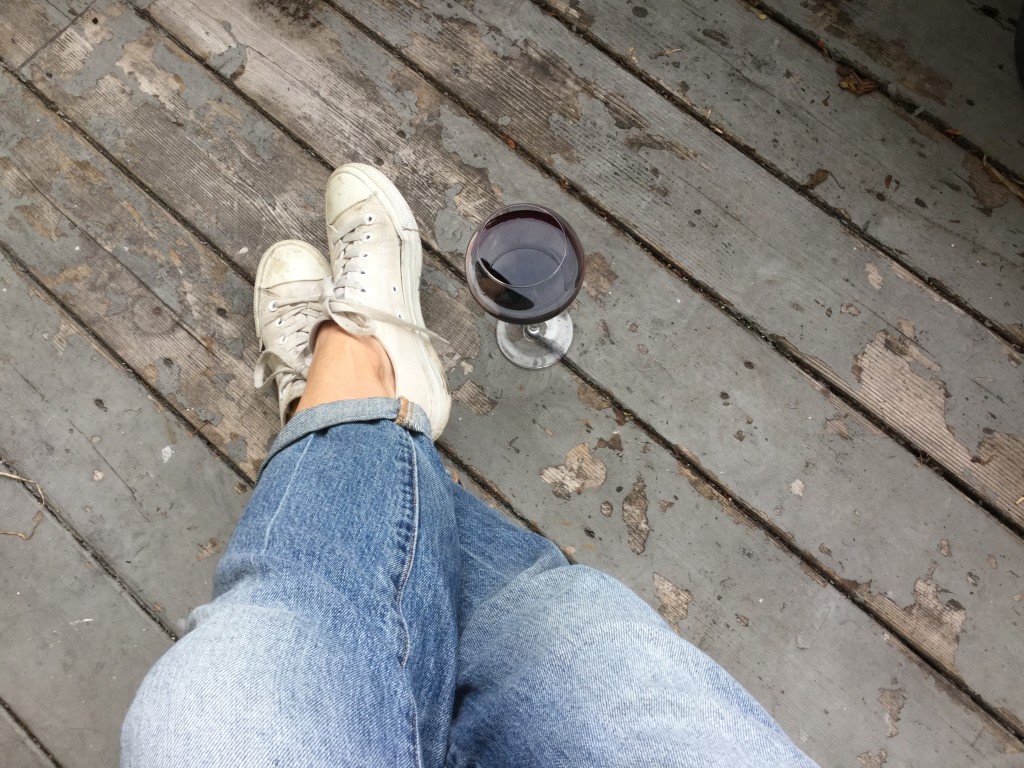
I’m the full-time caregiver to my 102-year old mother and have been for nearly nine years. Yesterday I mentioned to a neighbour that my mom is officially at “end of life” and receiving palliative care. I was a little fragile as I said it.
Wryly and with a bit of an eye roll, he replied, “Well, how old is your mom…”
Besides the obvious insensitivity of this reaction, it nevertheless revealed an underlying sentiment that some people, even compassionate ones, share. That is – once someone reaches a certain age, what do you expect?
Plus, they’ve led a full life so how sad can it be?
This exchange stayed with me. For that reason, I’d like to share some insights that might raise awareness concerning the passing of an elder, as well as its effect on a caregiver.
“Well, how old IS your mom…”
1) There’s something magical about people who beat the odds. When they die, that magic dies with them. It’s sad.
2) A predictable death is a death nonetheless. It hurts.
3) Loved ones aren’t numbers. When my mom dies, I’ll have lost my mom not my 102-year old mom.
4) When you’re a caregiver to a seriously ill loved one, you lose your life. When they die, you lose theirs too. There’s a deep emptiness where love, devotion and purpose once were housed. It’s called “caregiver’s grief”.
The death may be predictable, but the pain isn’t something you can prepare for.
5) Generally speaking, people don’t die easily. In the past month, my usually good-natured mom has yelled at me in the middle of the night, gone back to sleep, then yelled some more. She’s tried to get up and walk without help. She’s talked to people on the ceiling. She’s had fevers, deep fatigue and loss of function.
She’s bounced back every time while I’ve died a little every time.
In summary
If someone says, “My mom is at end stage”, don’t say, “Well, how old is your mom…” with a wry tone and an eye roll because I’ve watched enough Sopranos to know how to get rid of a body – and I don’t mean my mother’s.
